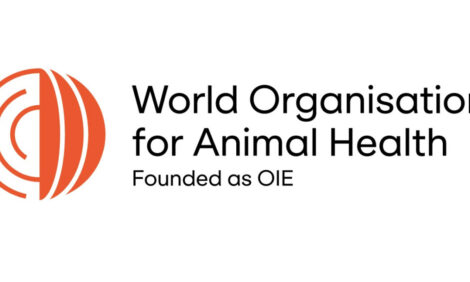



CFIA launches feed investigation
CANADA - The Canadian Food Inspection Agency (CFIA) has launched an investigation and is monitoring livestock movement related to non-compliant feed shipments to cattle farms in Quebec and Ontario during the past two to three weeks. The safety of the Canadian food supply is not affected.Teams of CFIA inspectors are visiting approximately 100 farms in Ontario and Quebec. As a precaution, the CFIA is identifying implicated animals and monitoring movement of all cattle and other ruminant animals exposed to the feed, pending the completion of an investigation and science-based assessment to determine the potential risk to animal health. Investigators are confirming the amount of feed that each farm received and to which animals it was fed, to indicate potential levels of exposure. This will allow for effective identification and movement control. Previous movement of animals will be verified through farmers' records.
The CFIA is verifying that suppliers to Agribrands Canada Inc. have revised their processes and procedures as required to prevent similar situations in the future. The Agency will also be inspecting all feed mills, farms and transport vehicles that handled the contaminated material to ensure that equipment has been properly cleaned.
Specified risk materials (SRM) are removed from every animal slaughtered in Canada for human consumption. This measure is internationally recognized as the most effective means to protect the safety of the food supply system from bovine spongiform encephalopathy (BSE). Furthermore, given the long incubation period of BSE and the brief period since the potential exposure, there is no food safety concern associated with animals that may have consumed the feed.
The CFIA has a program in place to ensure that the current feed ban remains effectively enforced and to protect the health of the national cattle herd from BSE. To date, industry has demonstrated a high level of compliance with Canada's feed ban. Enhancements to the feed ban, which come into effect next July, address the remaining risks posed by contamination through the removal of more than 99% of potential BSE infectivity from the animal feed system. SRM-tissues where BSE concentrates in infected cattle-are being banned from all livestock feeds, pet foods and fertilizers.
TheBeefSite.com News Desk


